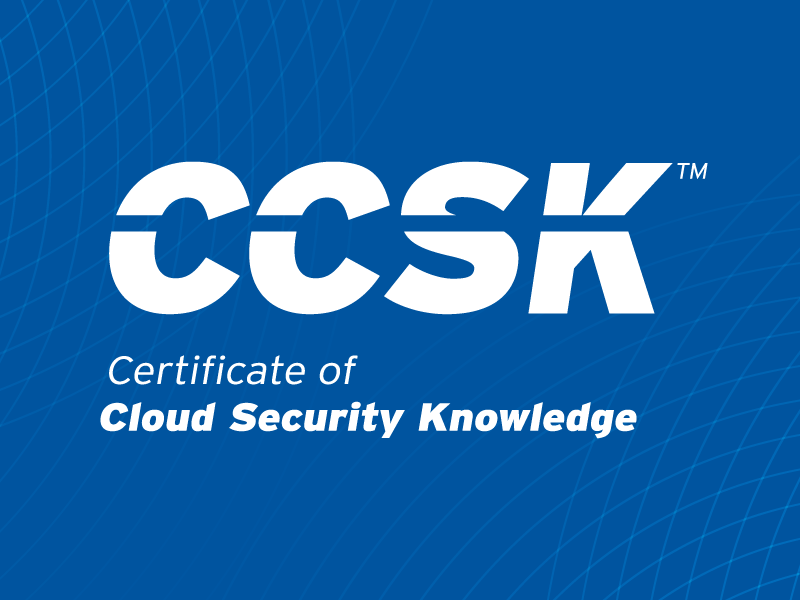Navigating the Cybersecurity Seas: The Essential Traits of a Successful CISO
Published 01/29/2024
Originally published by RegScale.
In the ever-evolving cybersecurity landscape, a successful Chief Information Security Officer (CISO) is the linchpin between an organization’s safety and the relentless waves of cyber threats. The role of a CISO demands more than technical prowess; it requires a distinct blend of personality traits, skills, and a deep sense of social responsibility.
Read this blog to explore the vital elements that make a CISO successful, straight from our very own CISO, Larry Whiteside Jr. From personality traits that steer the ship to the societal factors that can alter its course, this article sheds light on the multifaceted journey of a CISO’s success.
In the realm of cybersecurity, a Chief Information Security Officer (CISO) assumes a multifaceted role that demands a unique set of personality traits. These traits are invaluable, encompassing leadership, mentorship, influence, and effective communication. A successful CISO applies these qualities not only within their organization but extends them to interactions with peers and leadership teams.
However, to truly harness the potential of these traits, organizations must align their expectations with the role’s requirements. Surprisingly, job descriptions often miss the mark in understanding the precise blend of traits a CISO should possess. This disconnect highlights the importance of identifying and specifying the desired qualities for a CISO to ensure a seamless fit.
Despite having the right traits, certain harmful characteristics such as selfishness and inadequate communication skills can detrimentally impact an organization and its cybersecurity team. A CISO’s success hinges on fostering traits that foster collaboration and open communication.
One critical factor in cultivating these traits is the influence of workplace culture. A toxic environment can stifle collaboration, hindering a CISO’s effectiveness. Conversely, a positive culture that mirrors a CISO’s intrinsic traits can bolster productivity and cohesiveness within the cybersecurity team.
Finding the right equilibrium between self-starting initiatives and collaborative endeavors is paramount for a CISO. The role demands a delicate balance, where self-initiative and collaboration are equally critical. While accountability weighs heavily on a CISO, their ability to collaborate with various stakeholders, from peers to the Board of Directors, remains equally vital.
Understanding a CISO’s sense of social responsibility goes beyond their professional realm. Assessing their interests and social media activity can shed light on their dedication to social causes. Cultivating this sense of responsibility within the workplace involves creating a safe space for employees to express their passions and providing support for social initiatives.
Moreover, workplaces can significantly contribute to a CISO’s success and overall organizational triumph by offering resources like unlimited paid time off, mental health support, and hybrid work environments. Such support fosters team cohesion, allowing a CISO to operate effectively in their crucial role.
However, it’s essential to recognize that biases tied to gender, class, traits, and race can influence how a CISO’s skills and traits are perceived. Addressing these biases and their potential impact on a CISO’s success is a proactive step that organizations must take to cultivate an inclusive and thriving environment.
The journey of a CISO in the cybersecurity landscape requires a unique blend of personality traits, skills, and a commitment to social responsibility. They need not only a keen understanding of the technical aspects but also an astute recognition of the human elements. Balancing traits, fostering collaboration, and overcoming biases pave the way for a CISO’s success and, consequently, the fortification of an organization’s cybersecurity posture. Organizations must not only recognize the importance of these factors but also take active measures to foster an environment where CISOs can thrive. By doing so, they can fortify their cybersecurity defenses and navigate the complex digital landscape with confidence and resilience.
As CISOs, we must continue to evolve and adapt, staying true to these essential traits that define our role in the ever-changing world of cybersecurity.
Unlock Cloud Security Insights
Subscribe to our newsletter for the latest expert trends and updates
Related Articles:
The Great Divide: How AI Is Splitting the Cybersecurity Landscape
Published: 02/12/2026
Why AI Won't Replace Us: The Critical Role of Human Oversight in AI-Driven Workflows
Published: 12/03/2025
From Chatbots to Agents: The Evolution Toward Agentic AI
Published: 11/13/2025





.png)

.jpeg)
.jpeg)
.jpeg)